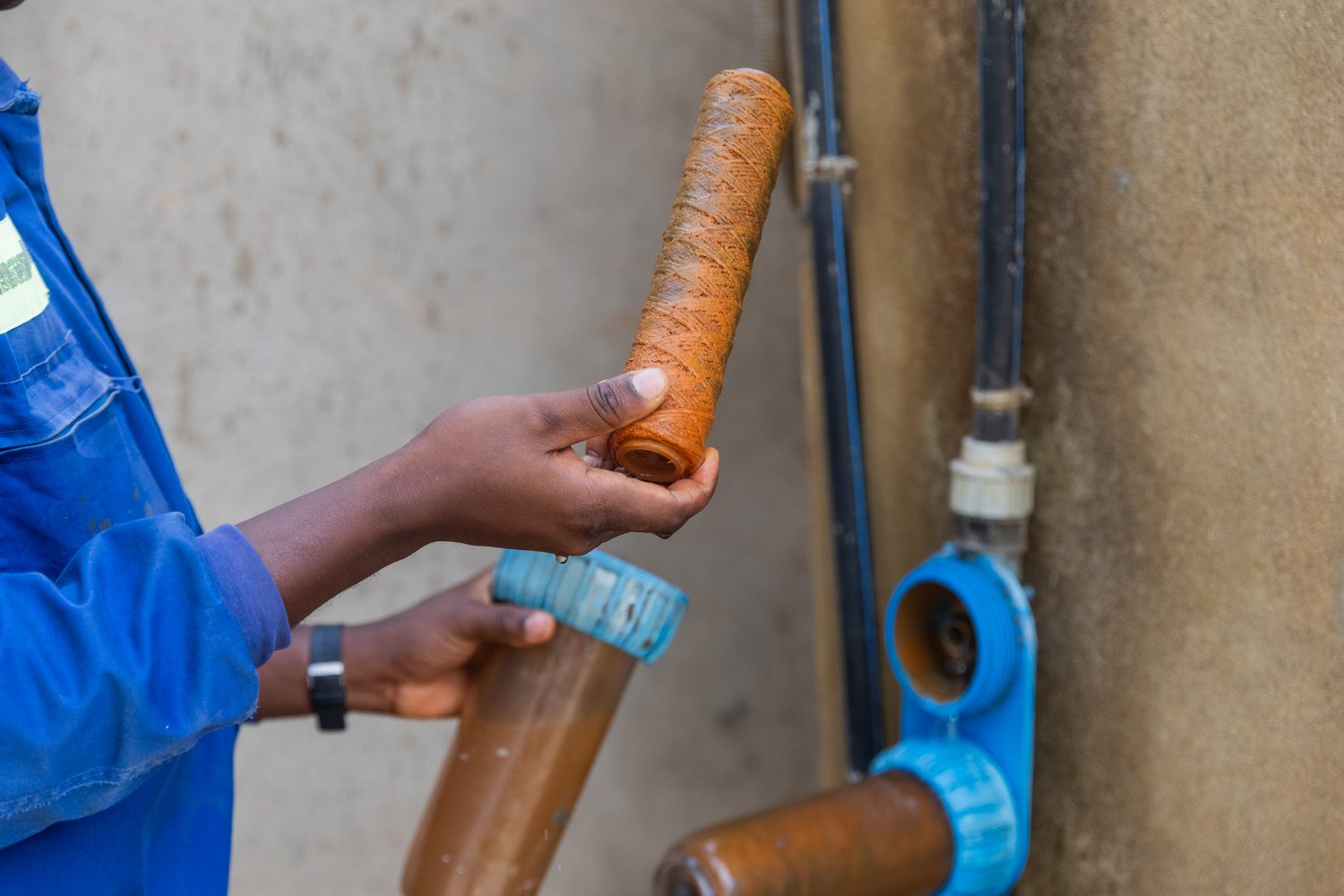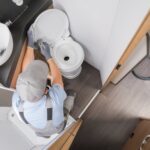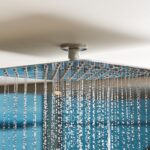Water pipes shouldn’t contribute to your home’s soundtrack with their loud banging sounds. These troubling noises, known as water hammer, might signal underlying plumbing issues that can affect your peaceful environment. Understanding and addressing these disruptions is essential for a quieter home and a more efficient plumbing system.
- Discover what water hammer is and why it causes your pipes to bang.
- Learn to identify the specific instances when these noises occur and what you can do about them.
- Explore seven practical solutions to eliminate these disruptive sounds from your home.
By delving into these solutions, you’ll transform your living space into a sanctuary free from the clamor of noisy water pipes. Equip yourself with this knowledge and pave the way to a serene and soundless plumbing system.
Understanding the Causes Behind Noisy Water Pipes: Water Hammer Explained
Noisy water pipes can disrupt the tranquility of your home, and understanding the root cause is the first step toward a solution. A common culprit behind these unwanted sounds is the phenomenon known as water hammer.
Water hammer occurs when fast-moving water within the plumbing system comes to a sudden stop, commonly resulting from swiftly closing valves or faucets. This abrupt cessation of water flow creates a shockwave, causing unsettling banging noises in your pipes.
Such disruptive sounds can signal underlying plumbing issues that require attention. These noises not only disturb your peace but can also lead to eventual plumbing damage if left unaddressed. Understanding the causes of water hammer is crucial for implementing effective remedies and maintaining a quiet, efficient plumbing system.
Identifying Banging Sounds: When Water Hammer Occurs
Identifying the specific instances when water hammer occurs is essential for addressing the issue effectively. Typically, these banging sounds manifest when water fixtures like taps or valves are turned off rapidly.
Consider observing when these noises occur to pinpoint contributing factors. Water hammer often arises after utilizing appliances such as dishwashers and washing machines due to their abrupt water flow interruptions.
Factors such as high water pressure, long pipe runs, and inadequate pipe support can exacerbate the problem, further intensifying the vibrations and sounds. Recognizing these patterns can help you identify whether water hammer is the cause of the noise and facilitate targeted solutions to restore silence in your plumbing system.
7 Effective Solutions to Eliminate Noisy Water Pipes and Banging Sounds
Experiencing noisy water pipes can be a common annoyance in many homes. Fortunately, there are several effective solutions that can significantly reduce or eliminate these disruptive sounds. By tackling the root cause, such as water hammer, you can restore tranquility to your household. Here’s how.
Install Water Hammer Arrestors: One of the most effective ways to combat water hammer is by installing water hammer arrestors. These devices act as shock absorbers, absorbing the kinetic energy of fast-moving water and preventing it from slamming into the pipes, thereby reducing noise dramatically.
Adjust Water Pressure: High water pressure can exacerbate the occurrence of water hammer. By reducing the water pressure to an optimal level, not only can you prolong the lifespan of your plumbing system, but you can also diminish the associated noise. Consider installing a pressure reducing valve, which can help maintain consistent water flow without excessive force.
Secure Loose Pipes: Sometimes, the clanging sounds are due to pipes that are not properly secured. Tightening pipe straps or adding additional supports can prevent pipes from moving too much when water flows through them. Secure any loose pipes you find to reduce and possibly eliminate the noise.
Install Air Chambers: Air chambers are vertical pipes installed in the plumbing system. They provide a cushion of air that absorbs shock waves from water surges. Over time, these chambers can fill with water and lose effectiveness. Draining and refilling the air chambers can help to restore their function.
Use Pipe Insulation: Wrapping pipes with insulation can not only help maintain water temperature but also reduce the noise they produce. Insulation absorbs some of the vibration and helps dampen any banging or clattering sounds.
Install a Quiet Close Valve: Replacing standard valves with slow-closing valves can mitigate the shock wave that causes water hammer. These valves close gradually, preventing abrupt stops in the water flow and thereby reducing noise.
Consult a Professional Plumber: If you’ve tried the above solutions and still experience issues, it might be time to consult a professional plumber. A plumbing expert can diagnose complex issues and provide tailored solutions to ensure a quiet and efficient plumbing system.
By implementing these solutions, you can effectively address and eliminate noisy water pipes in your home, ensuring a peaceful and pleasant living environment. Regular maintenance and timely interventions are key to preventing such issues from recurring.
Frequently Asked Questions About Water Hammer and Noisy Pipes
What is water hammer?
Water hammer is a hydraulic shock that occurs when a fluid in motion is forced to stop or change direction suddenly, causing loud banging noises.
Why do water pipes make banging sounds?
Banging sounds often result from pressure waves in the plumbing system created by abrupt stops in water flow, commonly referred to as water hammer.
How can I identify if water hammer is occurring?
Water hammer typically occurs when valves are turned off quickly. If you hear banging noises immediately after using taps or appliances, it might be water hammer.
What is a water hammer arrestor?
A water hammer arrestor is a device installed in plumbing systems to absorb the shock waves and prevent banging noises.
Can water hammer damage my plumbing system?
Yes, if left unchecked, water hammer can lead to long-term damage to joints, connections, and fixtures, increasing the risk of leaks.
Is adjusting water pressure a solution to water hammer?
Reducing water pressure can help minimize water hammer by decreasing the force of water flow, thereby reducing noise.
Are there DIY solutions to reduce water hammer?
Yes, homeowners can install water hammer arrestors and check for loose pipes. Ensuring valves are turned off slowly can also help.





